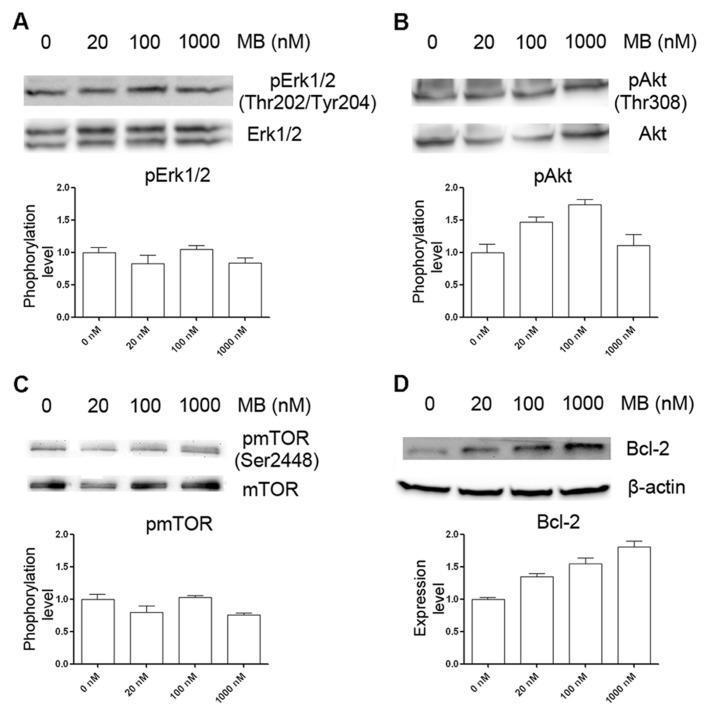Saw this post on Reddit today:
Why is everyone dramatically under-dosing Methylene Blue?!? • /r/Nootropics
Thought you might be interested in reading
Why is everyone dramatically under-dosing Methylene Blue?!? • /r/Nootropics
Thought you might be interested in reading

